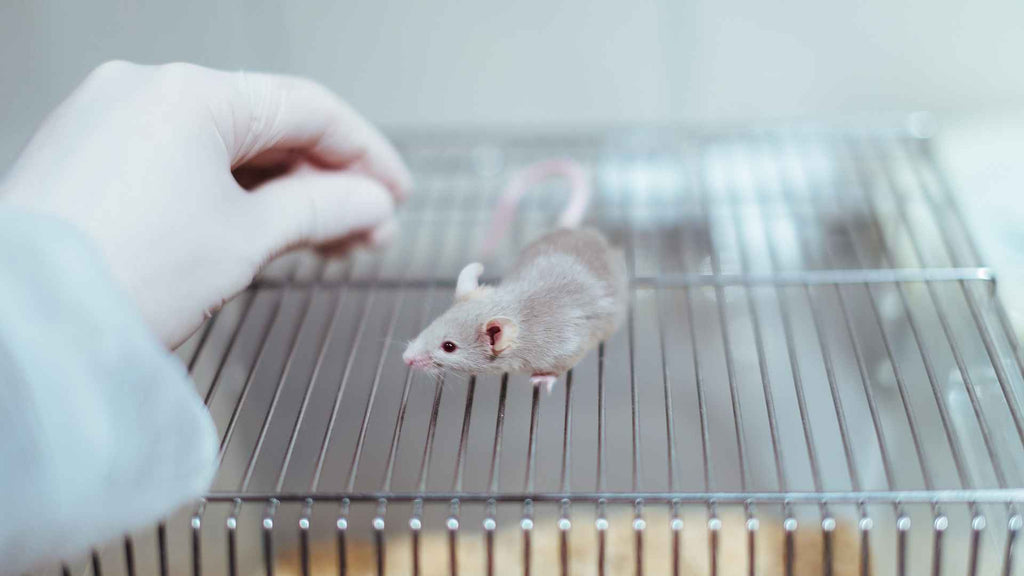We have all experienced it. When one person in the room yawns, soon everyone else starts yawning too.
Although it's commonplace, the phenomenon never fails to pique our curiosity. It's like there's a hidden energy that connects everyone, making them all open their mouths at the same time.

Is yawning contagious? Does this phenomenon extend to other human actions? Let's explore an unrelated behavior that is also intriguing, and annoying: itching.
Diving into the Curious Case of Itching
Have you ever found yourself in a situation where just seeing someone else itching makes you feel the need to scratch yourself too? It may seem strange at first. How can just watching someone itch make you feel the same intense urge to scratch, even if there's no apparent reason for it?
Recently, attention has shifted towards the investigation of an intriguing mechanism—contagious itching. Witnessing someone scratching may not be innocent. It could be an evolutionary reflex to warn others about parasites that are hard to see.
From Mice to Men: Unraveling a Scientific Mystery
Let's take a break from humans and explore the animal kingdom. Their behavior might help us understand this captivating mystery. Could itching spread easily and help animals warn others about parasites?
Mice, which are often used in science labs, have become the key to solving this puzzling problem.

Zhou-Feng Chen and his team at Washington University in Missouri recently discovered interesting details about the mouse's brain.
Their observations showed something surprising: when these mice see their fellow rodents scratching themselves, a part of their brain called the Suprachiasmatic Nucleus lights up.
Decoding the Common Causes of Itching
This coincidence is interesting. It happened when a chemical messenger called Gastrin-Releasing Peptide (GRP) was emitted. In 2007, itching behavior was first linked to GRP.
Chen and his team studied the SCN, which they think connects the eye to a part of the brain called the Paraventricular Nucleus of Thalamus, or PTV.
Earlier research showed that certain cells in the eye called retinal ganglion cells play a role in transmitting itchy signals. To connect these disparate pieces of information, they used genetic modification. They injected a modified virus into the cells of a group of mice.
A fascinating discovery occurred. Most SCN neuron connections were, in fact, linked to the retinal ganglion cells.
The researchers used genetic modification techniques to slow down these neurons, like adding a piece to a jigsaw puzzle. Chemical compounds were carefully administered into the eyes of ten mice.
Interestingly, when these animals had limited brain activity and were shown videos of other mice scratching themselves aggressively, their response to itchiness disappeared. Usually, this sight would make the mice feel itchy, but because of the chemical compounds, the itch messages were not delivered.
In a separate study, Chen's team found a chemical called pituitary adenylate cyclase-activating peptide. It is released by light-sensitive ganglion cells to the SCN and causes itching.

New research suggests there may be a special visual pathway that doesn't go through the usual part of the brain used for seeing things.
Chen suggests that these findings might show a survival mechanism in animals. For example, when animals see others scratching, it could mean there are parasites around.
These theories haven't been studied in relation to humans yet. Human brains are more complex, as noted by Gil Yosipovitch from the University of Miami Miller School of Medicine in Florida.
Chen believes that while this pathway may not directly apply to humans, his discoveries can help us understand different types of contagious behavior, including our emotions.
The Usual (Itchy) Suspects
Our body often communicates with us through signs. Itching is a signal. It tells us that there may be many issues happening under our skin. Each cause has a distinct itch that disrupts our peaceful existence. Let's take a tour through the common instigators of an itch: .
1. Dermatitis is an inflammation of the skin, which appears as a rash and causes itching. It happens when our body reacts allergically to certain triggers.
2. Dry skin can be caused by harsh weather conditions or not drinking enough water. It can make our skin feel tight and itchy, like wearing a tight sweater.
3. Eczema is a skin condition that causes inflammation and itching. It can become a long-lasting problem that bothers you.
4. Insect bites are irritating because they leave behind itchy enzymes.
5. Psoriasis is an autoimmune condition that leads to excess production of skin cells. This often causes scales and red patches that can be itchy and painful at times.
6. Fungal infections like athlete's foot and jock itch can affect our skin and cause itchiness.
As we can see, itching is anything but random. Its roots go deep, often reaching down to our skins' disturbances.
Discovering Relief: Dermeleve
And while the symptoms and cause of itching might seem overwhelming, there is a source of fast and effective relief: Dermeleve®.
Dermeleve® soothes and relieves itchy skin, offering immediate relief for common skin problems, including the ones listed above. It also achieves this without the harmful and dangerous side effects of topical steroids commonly seen with other types of skin creams. It often works much fast than topical steroids, beginning to provide relief instantly, as opposed to the hours, day, and even weeks corticosteroids take to work.
So whether your itch is caused by a mosquito, or just watching someone else scratch their mosquito bite, Dermeleve® has your back. Or arms. Or legs. You get the picture.
Visit www.dermeve.com to learn more about Dermeleve®.




